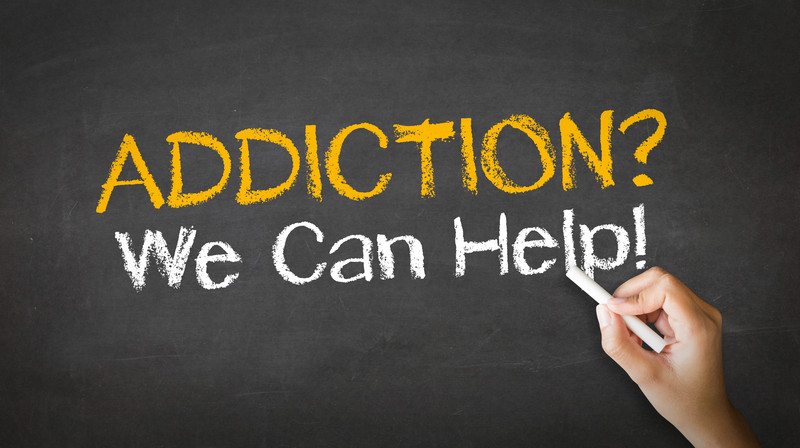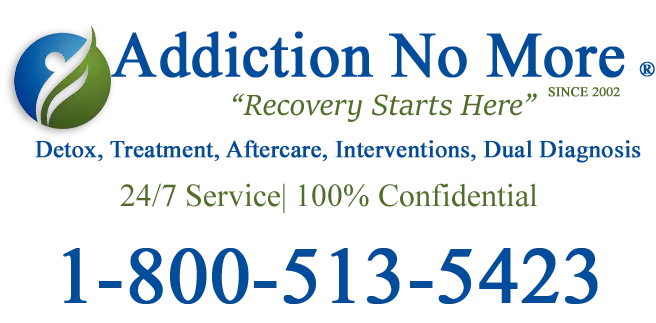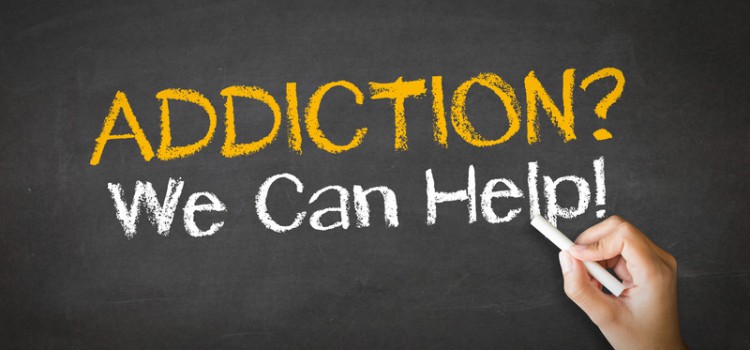What is Recovery from Addiction?
Guideline for long-lasting recovery from drugs and alcohol
The first step in recovery is learning and deciding that there is a need for a change. To find long-lasting recovery it takes a few steps to maintain sobriety.
First, you have to realize that there is a problem that needs to change. Are you ready to start your recovery? If you are ready to give us a call toll-free for immediate help in finding a drug rehab or treatment center for you or a loved one.
Deciding that addiction recovery is needed and you want to make a change is the crucial step in recovery. No matter what brought you to the decision that you need to make a change for the better, making the decision for change is the only thing that really matters. For some of us, it takes us landing in some sort of rock bottom that we feel that is as low as we will allow ourselves to get, in order to feel the need for changing our alcohol or drug habits.
- Learn what treatment options are available
- Find help and support.
- Make your sobriety last by building a purposeful life
- Never lose hope
- If you fall back pick yourself up and start again
Making lifestyle changes and breaking behavioral habits
Changing your habits can be a lot harder than it seems, we are creatures of habit, and making habitual changes has to start with changing the way we think and how we act on the thoughts that we cannot control. Simple changes that you can implement to help your recovery.
- Find ways to help you manage stress
- Change your friends to those who support your newly found sobriety.
- Rediscover what you like to do for fun
- Change how you view yourself
Finding treatment options and support
Some people will make the decision to enter into treatment for their addictions themselves. There are a few different options available for the treatment for addictions. Choosing to get help to handle an addiction to drugs or alcohol can be a critical second step in the recovery process.
Inpatient treatment centers: Residential drug treatment programs can include long-term programs, short-term programs, and many different specialized treatment options. Receiving treatment for addiction at an
inpatient drug rehab center allows the individual to recover in a loving and caring environment while receiving treatment for their addictions.
Outpatient treatment programs:
Outpatient therapy for addiction is a style of rehabilitation that sets treatment scheduled on a regular basis from daily meetings and therapy to once a month depending on the level of care you choose. Some of the other types of outpatient treatment include partial hospitalization programs and intensive outpatient treatment, which is mainly used for people who need medical care and psychiatric treatment while undergoing a substance abuse treatment program. These types of programs are heavily monitored and oftentimes, accompanied by sober living arrangements to offer a better level of support than a traditional outpatient program.

Dual Diagnosis Treatment Programs: Most
dual diagnosis treatment centers are inpatient treatment with a heavy focus on mental health and underlying mental health problems that have not been previously addressed. Treatment at these centers is usually longer than the typical 28-day treatment center.
12 Step Programs: Many of the programs that help people recover from drugs or alcohol will incorporate the
12 steps to recovery. Twelve-step programs help people who are struggling with addictive behaviors. Twelve-step programs like AA, NA, CA offer support for the individual in the form of meetings and fellowship with people striving to remain drug or alcohol-free.
It doesn’t matter what program you choose for your treatment; you are gonna need help in recovery to avoid common pitfalls in early recovery. This is the important third step in recovery; talking to your friends and family about your intentions to change your life. Trying to hide your recovery can make things more difficult for you, your friends, and your family.
It may encourage you to know that people will support you and you should welcome the help in your time of need. You need to take charge of your recovery and be very proud of the fact that you are changing your lifestyle habits for the better.
Find recovery groups
There may be cases when the family or friends contributed to your addiction problem either directly or even indirectly (
enabling you to be addicted). In these cases, it is extremely important to find like-minded people to help with support and introduce you to new social outlets that support recovery.
Making Lasting Sobriety
Getting free from drugs or alcohol through a
drug rehabilitation program is a great first step in recovery, but managing your recovery can take planning and execution of the aftercare program you have set up for your return home.
Know your triggers and learn to manage cravings
One of the biggest parts of early recovery is learning to manage cravings and the thoughts of using again. Being able to identify triggers, environments, and staying away from people who are using drugs or alcohol will help you stay on your path of recovery.
- Make sure to avoid places where drugs or alcohol are present.
- Avoid people with who you used to drink or use drugs.
Enroll and follow through with your aftercare program. Aftercare programs can include some or all of the following groups or programs.
- Halfway or sober-living houses
- 12 step recovery programs
- Continued outpatient care
- Find activities and hobbies that you enjoy and give you a sense of well-being.
The final step in recovery is the rebuilding of a new life without the need for drugs, alcohol, or any addictive behaviors. This is not a simple as it seems. We are habitual beings that can fall back to what we feel is a safe place. Some people feel the need to give back and volunteer in their community and others take up hobbies and activities for their fulfillment.
Making sure to set reasonable goals and following through until they are completed to your satisfaction fuel us for the next challenges ahead. Life takes a lifetime to complete so do not rush into anything too fast take your time and make sure that the decision is the best for you and not the best for right now.
What to do if you relapse after going to treatment
Relapse can be a part of some people’s recovery but it is not always the case. If you find that you have fallen back to your addictive behaviors you know what to do to pick yourself back up. You have all the tools that you need to get yourself back on track for recovery.
Relapse can be caused by many things but the most common cause that we have noticed is boredom. Being an addict can have a great impact on your social life and in some cases, need as much time as a full-time job. That is a lot of time to fill, so getting into aftercare and managing your time in order to include some activities that you enjoy on a daily basis, will help you stay the course of recovery. If you are ready to start your recovery program give us a call to find the substance abuse program that is right for your needs while enrolled in a drug rehabilitation program.
Summary
Service Type
What is Recovery from Addiction?
Area
Nationwide service for helping people become drug free.
Description
Learn what recovery from addiction is, and how we can help you start your road to recovery today. Give us a call 24 hours a day, 7 days a week. 1-800-513-5423





